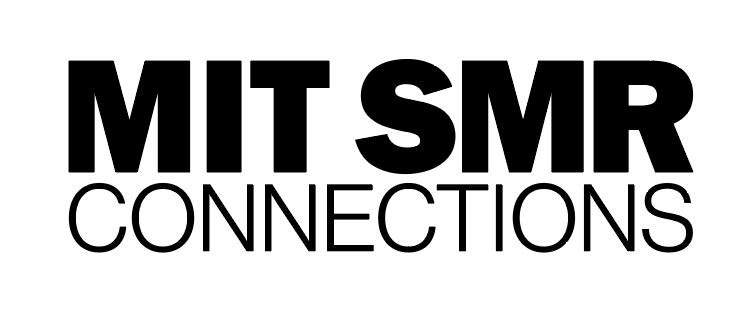It’s hard to imagine, but prior to the pandemic, only 8% of meetings included a remote participant. Collaboration was almost always done in person. The pandemic forced companies to quickly adopt remote work as an integral part of their business continuity strategy.
It became abundantly clear that employees could be just as productive as when they were in the office, if not moreso. But with that productivity, video fatigue, bandwidth issues, and blurred lines between work and home lives increased burnout. And the IT teams supporting a distributed workforce felt the burden of these challenges.
The Best of Both Worlds
The pandemic has raised notable concerns about remote work. Forty-nine percent of remote workers say they suffer from feelings of isolation, and 32% say their connection to company culture has suffered, according to Metrigy Research. The technology that enables remote work is another challenge; 90% experience issues when working from home.
Despite such pain points, it’s clear we won’t return to a model in which work only happens in one physical place. Today, a majority of employees—some 81%—say they don’t want to return to the office or would prefer a hybrid-work scenario. Fifty-seven percent expect to be in the office fewer than 10 days a month. Already, 98% of all meetings have at least one remote participant—an increase of more than 1,000% in less than two years.
So as companies start preparing to bring employees back to the office, they also need to be prepared to adopt hybrid work, where some people will work in the office, others remotely, and still others a combination of the two.
The Five Elements of Hybrid Work
When work goes hybrid, collaboration becomes more complicated, for both employees and IT teams. Impromptu and informal face-to-face chats are replaced by scheduled and formal meetings. Remote participants in a meeting might not be able to contribute equally with in-person participants. And IT admins must adjust to manage and keep secure a growing number of devices and volume of data.
There’s much to consider when your organization decides how to best accommodate hybrid work. Successful hybrid working environments depend on five imperative traits:
- Flexible: Your organization should accommodate a variety of collaboration and communication styles and methods. Whether it involves synchronous modes of communication, one-on-one phone calls, or video conferences with dozens of participants and group messaging for hundreds, the tools your employees use should enable any type of collaboration and communication styles. These methods need to provide the same quality of experience for remote and in-office employees, but also for those who are external to your organization.
- Inclusive: 80% of communication is non-verbal, which means you should provide equal experiences for everyone, no matter where they are, what language they speak, or whether any have disabilities.
Everyone in a hybrid meeting should feel like they are seen and heard, regardless of whether they’re in a meeting room or remote. - Supportive: Your organization needs to show empathy for employees who may be fatigued from working virtually but feel anxious about returning to the office. Empower your teams to achieve their meeting goals, understand work-life integration, and manage people’s most precious asset: time.
- Secure: With hybrid work, the more work locations and connections, devices, communications, and content, the more your organization’s risk exposure grows. You need security that doesn’t compromise simplicity and employee efficiency while also ensuring you honor employees’ privacy.
- Managed: You need a simple way to manage the infrastructure of hybrid work, including easy provisioning of users and their devices, wherever they may be in the world. You also need the ability to gather real-time analytics that will in turn provide proactive insights into usage and performance to help ensure all employees have the best possible collaboration experience.
Five Imperatives, One Platform
A patchwork of solutions sufficed for remote work during the start of the pandemic to keep the lights on. But today, your organization can’t afford to settle for anything less than a well-designed and -managed hybrid work platform. With the business world getting ever more competitive, companies that provide the most flexible, inclusive, and supportive experience to their employees have an edge over their competitors.
Hybrid work is much more than online meetings. Your technology should be adaptable and flexible for any role, working style, collaboration method, device, and geographic location; bring the best of remote work and in-person work together, so everyone has an equal voice and participation; and be secure by design and private by default.
That may sound like a tall order. But hybrid work is here to stay—and adopting a solution designed to handle it all will help your organization thrive and grow with its new hybrid model.
Learn how Webex by Cisco can help your organization excel in the hybrid-work era.
*Sponsor content from Webex as seen on HBR





